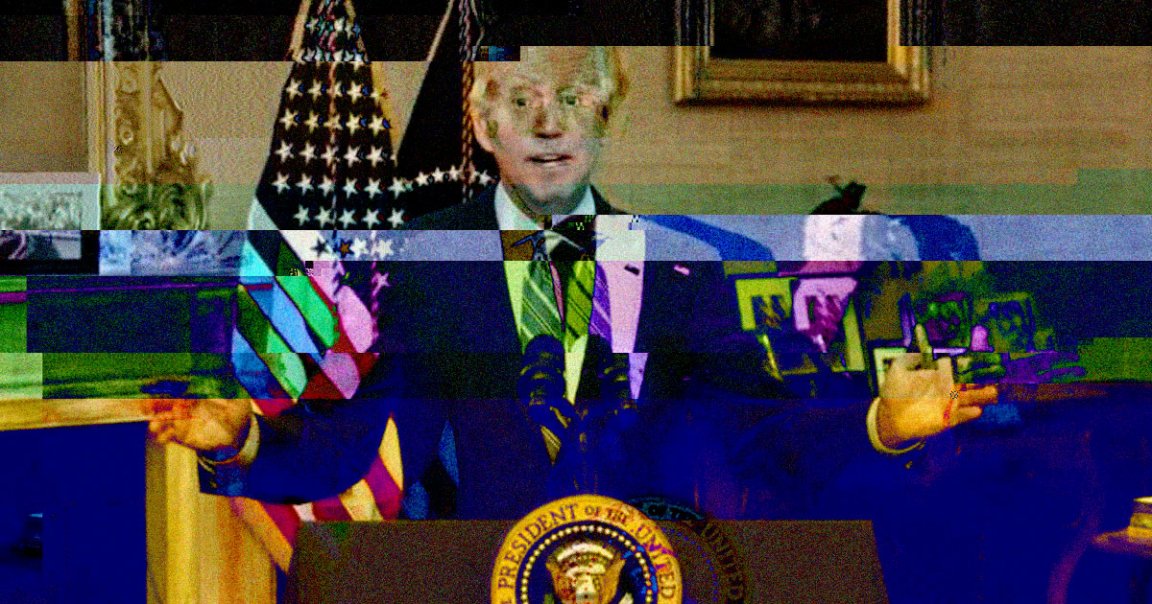
Do Unto Others
The US Military’s Special Operations Command (SOCOM) is reportedly hoping to deploy deepfake-laden disinformation campaigns as part of its psy-op efforts, a SOCOM document leaked to The Intercept has revealed.
The leaked document is an updated SOCOM gadget-slash-weaponry wishlist published on February 15 by the military unit’s Directorate of Science and Technology. In it, an addendum describes SOCOM’s thirst to get its hands on new “advanced technologies for use in Military Information Support Operations” (MISO) — which, put simply, is the US military’s propaganda and deception department.
Those “advanced technologies” — which would be used to aid “influence operations, digital deception, communication disruption, and disinformation campaigns at the tactical edge and operational levels” — would include unnamed programs with “next-generation capability” to “collect disparate data through… streams such as social media,” as well as next-gen “‘deepfake’ or other similar technology” designed to “generate messages and influence operations.”
So to recap, the US military wants to use deepfakes, among other next-gen tools, to forward its global influence — or disinformation — campaigns. Let freedom ring!
Fire With Fire
Deepfakes, as demonstrated by the Russia-Ukraine war, can be effective disinformation tools — so effective that the US government has warned the public of the danger of these rapidly improving technologies on multiple occasions.
And the efficacy of these tools, according to some experts, is exactly why the US military should either abstain from engaging or allow for more transparent regulation and oversight of its disinformation practices.
“When it comes to disinformation, the Pentagon should not be fighting fire with fire,” Chris Meserole, head of the Brookings Institution’s Artificial Intelligence and Emerging Technology Initiative, told the Intercept. “At a time when digital propaganda is on the rise globally, the US should be doing everything it can to strengthen democracy by building support for shared notions of truth and reality.”
“Deepfakes do the opposite,” Meserole added. “By casting doubt on the credibility of all content and information, whether real or synthetic, they ultimately erode the foundation of democracy itself.”
“If deepfakes are going to be leveraged for targeted military and intelligence operations,” he argued, “then their use needs to be subject to review and oversight.”
It’s a point well made. With the information ecosystem already at risk of disintegrating due to AI tools and deepfakes fooling netizens, human society is moving into a tricky new age of synthetic media. The internet is changing — and we should all be wary.
READ MORE: US SPECIAL FORCES WANT TO USE DEEPFAKES FOR PSY-OPS [The Intercept]
More on deepfakes: This Deepfake AI Singing Dolly Parton’s “Jolene” Is Worryingly Good